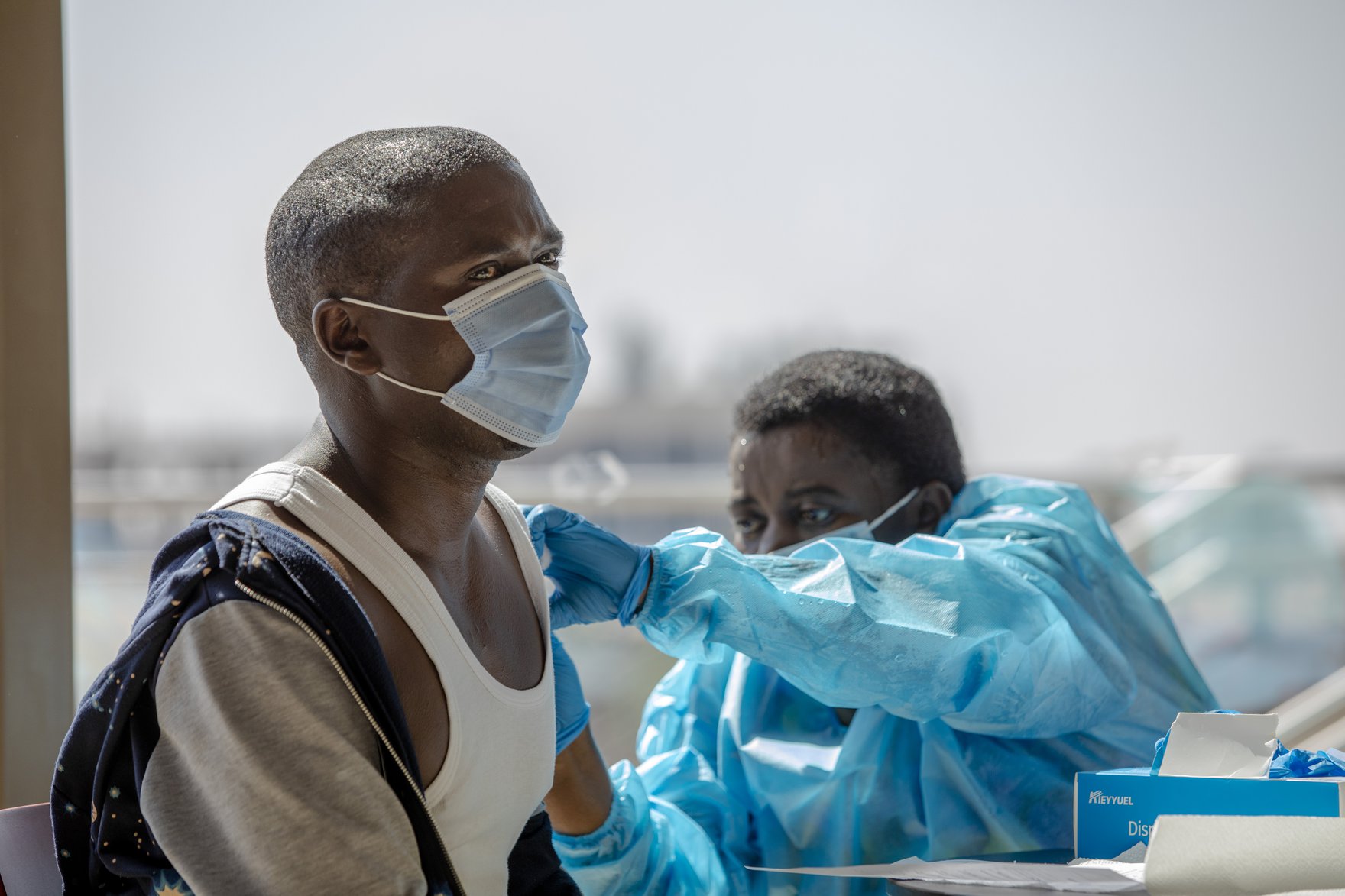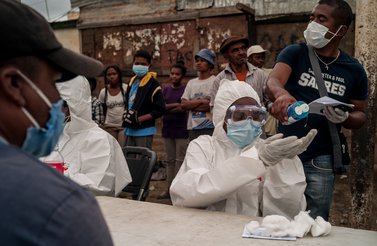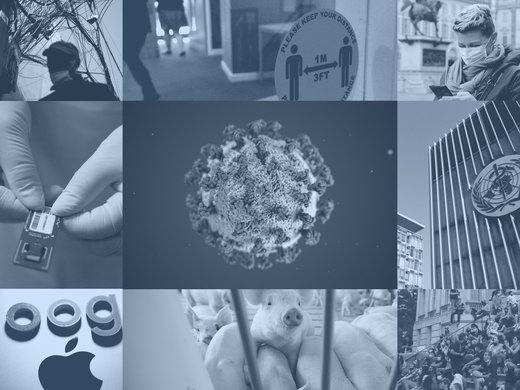It has been over a year since the onset of the COVID-19 pandemic. This trying experience has taught us a myriad of lessons including that the “common good” is not a myth. The dictum “For us each to be safe, we must all be safe” has never been truer.
Consider three facets of this crisis — fiscal responses to the economic collapse; debt relief; and vaccine development and rollout. In each case, national and global responses reveal existing inequities, point to long-standing gaps in global governance, and demonstrate the interdependence of everyone’s welfare.
At the outbreak of COVID-19, countries had to deal with the consequences of the sudden and massive cessation of activity in large swaths of the economy on account of the imperative of quarantines imposed worldwide. In advanced countries, the conventional economic policy rulebook was thrown out the window, because they had the fiscal capacity to do so. Poorer countries had less fiscal space within which to manoeuvre. According to estimates from the International Monetary Fund (IMF), advanced countries have spent 22.6 percent of their GDP to prop up their economies, emerging markets have spent 6.2 percent of their GDP, and developing countries have spent a paltry 2.4 percent. The figures are starker still when viewed on a per capita basis. Advanced economies have spent about $9,800 per person in fiscal stimulus, while developing countries have spent $17 per person.
At a time when the discourse should be about preserving — indeed, strengthening — livelihoods and social safety nets in large parts of the world, strictures on spending imposed by lenders have promoted deep cuts in public social expenditures. Oxfam estimates that between March and September of 2020, 76 of 91 loans in 81 countries imposed such measures. But global economic recovery and the resumption of widespread and thriving global supply chains depend on a broad-based recovery — not one centred in a few rich countries.
Sovereign debt burdens in emerging countries are constricting the capacity to respond to the crisis in the Global South. The Group of Twenty’s debt service moratorium was a gesture to acknowledge this, but it has not been sufficient. As the crisis moves into its second year, the burden sharing of adjustment to foster the global public good will require debt relief that recognizes that the Global South is not responsible for the pandemic and that the burden of adjustment must be shared by private creditors.
An increase in issuance of IMF special drawing rights (SDRs) (now supported by all major countries, including China and the United States) can contribute to the adjustment by increasing fiscal capacity to address the challenge. It would be most impactful if it were preceded by debt restructuring, so that people throughout the world would not need to question whether the new capacity was a transfer to private sector creditors with political power.
The COVID-19 vaccine creation story is one of shining success, but it is also a tale of distorted priorities and values in the name of science and technology for the public good. While much of the angst in advanced countries is that of individuals standing in a moving vaccine queue, most countries of the world have yet to administer a single shot to their citizens. Twenty countries account for a large majority of the shots administered to date.
This imbalance is the result of a series of cascading injustices and inequities. Some rich countries have booked vaccine supplies for multiples of their actual needs. COVAX, the facility created to hold and distribute vaccines on a globally equitable basis, is underfunded. Well-off countries such as Canada, New Zealand and Singapore have accessed this vaccine pool, which goes against the ethos of the initiative. Bulk buying and old-fashioned power plays have created a situation in which the European Union, which has almost four times the per capita income of South Africa, pays less than half of what South Africa is paying for a dose of the Oxford-AstraZeneca vaccine. Finally, a group of developed countries has opposed a temporary waiver of COVID-19 vaccine patents, pointing to the need to revisit global intellectual property rules currently enshrined in the World Trade Organization’s Trade-Related Aspects of Intellectual Property Rights agreement.
Parochialism in vaccines is not just cruel and unfair but also short-sighted. At current rates, many countries are unlikely to reach herd immunity until 2023 or 2024. During this interval, their economies will continue to stall and their societies to fracture, and they will spawn virus variants that will continue to threaten the health and well-being of us all. Global mobility will be impaired indefinitely.
Parochialism in vaccines is not just cruel and unfair but also short-sighted. At current rates, many countries are unlikely to reach herd immunity until 2023 or 2024.
There is no better indication of the connections between health, economy and society, and between rich and poor, than what we are witnessing currently.
Fairness matters. We live in a time when people’s confidence in decision makers, be they public or private, and belief that justice will be served are very low all around the world. Policy design and sequencing matter too. Why not create a vaccine rollout that celebrates the amazing partnerships between governments and manufacturers rather than one that tilts the benefits toward Big Pharma? Why not sequence debt reduction and SDR creation in a way that supports those in need and not current creditors who reap the lion’s share of the payouts?
The public’s confidence in leaders to respond to dreadful circumstances goes beyond their success in curing a disease or healing the macroeconomy. Restoring faith in governance and public action is itself a public good that would prepare us for a whole myriad of challenges on the horizon.




